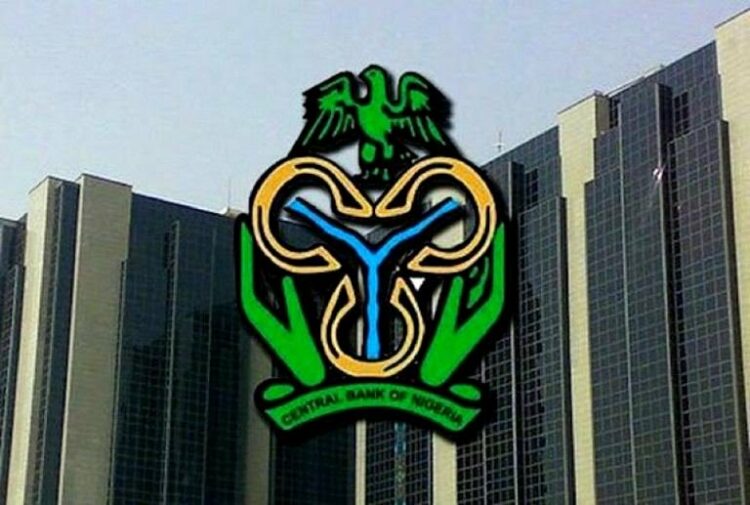The Central Bank of Nigeria (CBN)has disclosed that foreign firms repatriated $5.86 billion from the Nigerian economy between October 2022 and March 2023.
This was contained in the CBN’s ‘Economic Report, First Quarter 2023,’ where it also revealed that about $5.13 billion was repatriated as dividends by foreign investorswithin the review period.
It stated that higher dividend payments to non-residents further widened the deficit in its primary income account and that this deficit widened to $2.69 billion in Q1, 2023 from $2.26 billion in Q4 2022.
According to the CBN, the primary income account covers the compensation of employees and investment income.
“The investment income component refers to accrued income on existing foreign financial assets and liabilities. This income may be profits, interest, dividends, and royalties received by or paid to direct and portfolio investors. It may also be interest and commitment charges on loans (Other Investment Income),” the CBN further stated in its Quarterly Statistical Bulletin (Volume 11, Number 3, September 2022).
Giving a breakdown of payments, the bank stated, “The deficit in the primary income account widened by 18.7 per cent to $2.69bn in 2023Q1, due, primarily to the 34.9 per cent increase in investment income payments, which amounted to $3.09bn, from $2.77bn in 2022Q4.
“Income on direct investment in the form of dividends rose by 12.1 per cent to $2.71bn, relative to $2.42bn in 2022Q4. Similarly, interest payments on portfolio investments rose to $0.09bn, from $0.05bn in 2022Q4. Interest earnings on reserve assets increased by 35.7 per cent to $0.20bn, from $0.15bn in 2022Q4. Conversely, interest payments on loans declined by 0.7 per cent to $0.30bn.
“The compensation of employees’ account maintained a surplus position, increasing by 6.2 per cent to $0.06bn, relative to the level in 2022Q4.”
The CBN’s Q1 economic report further disclosed that foreigners redeemed matured investments in Q1, 2023 as their claim on the economy reduced.
It said, “A capital reversal of $0.78billion was recorded in 2023Q1, in contrast to an inflow of US$1.94billion in 2022Q4.”
This development, the bank explained, was due to reversals of portfolio investments and withdrawal of foreign currency and deposits from domestic money banks.
It also noted that uncertainties surrounding the 2023 general elections and the quest for a safer haven by investors contributed to the divestment.
“A portfolio investment reversal of $1.17bn was recorded, in contrast to an inflow of $0.34bn in 2022Q4, occasioned by the redemption of investments in short-term debt securities by non-resident investors,” it added.









